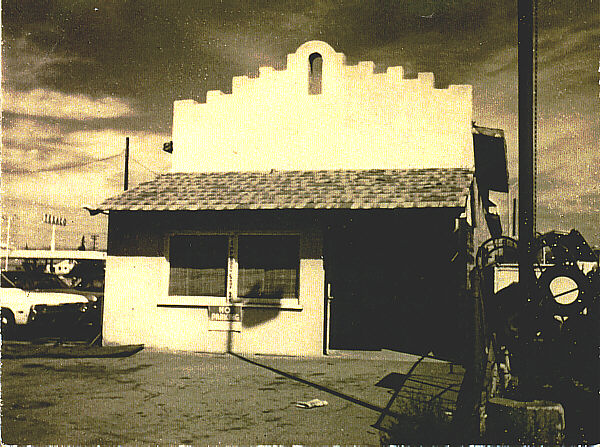 By Nick Cahill
By Nick Cahill
SACRAMENTO (CN) – Nearly 50,000 Californians currently on parole could regain the right to vote under a voting rights bill introduced on Monday.
A group of Democratic lawmakers are pushing for a state constitutional amendment already coined the Free the Vote Act and are hoping to restore parolees’ voting rights in an effort to cut down statewide recidivism rates.
Assemblyman Kevin McCarty, D-Sacramento, wants California to build on momentum gained last November in Florida where voters overwhelmingly passed a measure that restored voting rights to most felons who have completed sentences. He said that “roughly half of the states in the country are more progressive” than California in allowing felons and parolees the chance to vote, including Republican-led states like Maine, North Dakota and Utah.
“Today we’re here to work together to free the vote for those people who have served their time,” McCarty said at a press conference outside the state Capitol. “People on parole are our neighbors, our family members, our colleagues; they work and pay taxes and want to make California a better place.”
Approximately 48,600 Californians on parole are unable to vote under current state law, while an estimated six million are unable to vote nationwide.
The Democrats’ proposal is a constitutional amendment and therefore needs to pass both the state Assembly and Senate with a two-thirds majority. It would then need to be cleared by the governor before landing on a statewide ballot.
In support of the measure, McCarty and the other five lawmakers pointed to a Berkeley La Raza Law Journal study that painted disenfranchisement as a “poor social policy” and “arguably unconstitutional.”
“The philosophical views that underlie disenfranchisement are reflective of a pre-modern era, one not characterized by the ideals of democracy and universal suffrage,” the 2012 study states. “Disenfranchisement is a stark example of American exceptionalism as no other first-world democracies disenfranchise their citizens to the extent seen in the United States.”
Assemblywoman Lorena Gonzalez Fletcher of San Diego called the state’s disenfranchisement law “unconscionable.”
“It should be clear…if you are not sitting in a prison, you have the right to vote as long as you are 18 years old and a citizen of the United States,” the four-term Democrat said.
Michael Mendoza, policy director at the Los Angeles-based Anti-Recidivism Coalition, told the crowd that despite being employed and both a college graduate and community organizer, he can’t vote because he’s been on parole for the last five years.
“You can never truly create a better re-entry system unless the voices of those re-entering back into our societies can vote,” Mendoza said.
The coalition is sponsoring the proposal along with California Secretary of State Alex Padilla.
“If we are serious about reintegrating the formerly incarcerated into society, we should not be shunning them from democracy,” Padilla said.
Like this:
Like Loading...
Related




 Tweet This
Tweet This Facebook
Facebook Digg This
Digg This Bookmark
Bookmark Stumble
Stumble RSS
RSS By Nick Cahill
By Nick Cahill
























REAL NAMES ONLY: All posters must use their real individual or business name. This applies equally to Twitter account holders who use a nickname.
No Comments